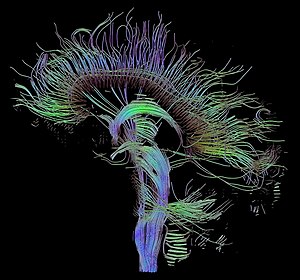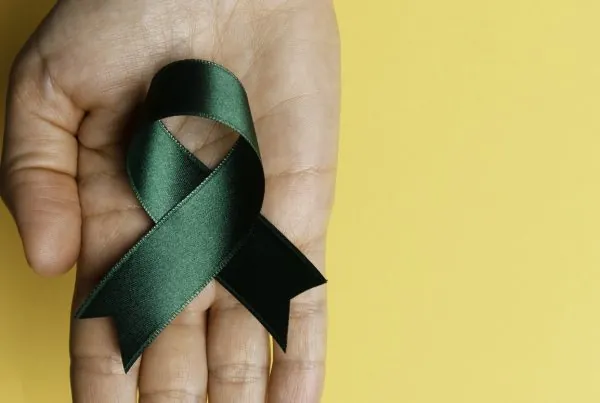 (Image via Wikipedia)
(Image via Wikipedia) What is rudeness? We name it, become frustrated by it, react to it, sometimes even weave the behavior into our own lives. But why? Well, from a biological perspective, we are products of the environment we live in. As we move beyond the dyads of intimate conversation and expand into larger social groups, the societal mores can get watered down. If those stereotypical, expected polite behaviors cease (manners), stress increases and rudeness emerges. Dr. Douglas Fields, author of “The Other Brain” talks about environments where “strict respect and formal polite discourse” are more pronounced, saying that “these polite and formalized behaviors reduce stress in a stressful situation that arises from being an individual in complex society.”
I am further intrigued by Fields’ information about children and the effects of stress in relation to their brain development. Dr. Douglas Fields says, “Stress is a neurotoxin, especially during the development of a child’s brain.” It’s so important that we look at this, particularly from the lens of recovery. We are shown over and over again how psychological trauma in childhood leads to an increase in depression, anger, hostility, drug abuse, suicidal ideation, and loneliness. Studies also show us that abuse, be it physical, emotional, or sexual, negatively “undermine the normal wiring of brain circuits,” impacting the brain’s ability to connect the right and left sides through a “massive bundle of connections called the corpus callosum.” An impairment of that connection is directly associated with craving, drug abuse and dependence,as well as a decrease in one’s ability to make moral judgments.
Researchers have also found that parental verbal abuse is more damaging to brain development than even physical abuse. Peers have an impact on our teens as well. In fact, according to a team of brain imaging scientists lead by Martin Teicher, MD, Ph.D, “The most sensitive period for verbal abuse from peers in impairing brain development was exposure during the middle school years. This is the period of life when these connections are developing in the human brain, and wiring of the human brain is greatly influenced by environmental experience.”
This information provides us with a wonderful opportunity to make a difference with our actions. So, what do we do? I’d start with being more aware of our actions, particularly regarding our speech. Before saying something, ask yourself “Is what I am about to say helpful or harmful?” Taking a deep breath before speaking would also be useful. The process of maturing and brain development is rough for the kids as well as the adults. As parents, we simply need to remember to pause.







